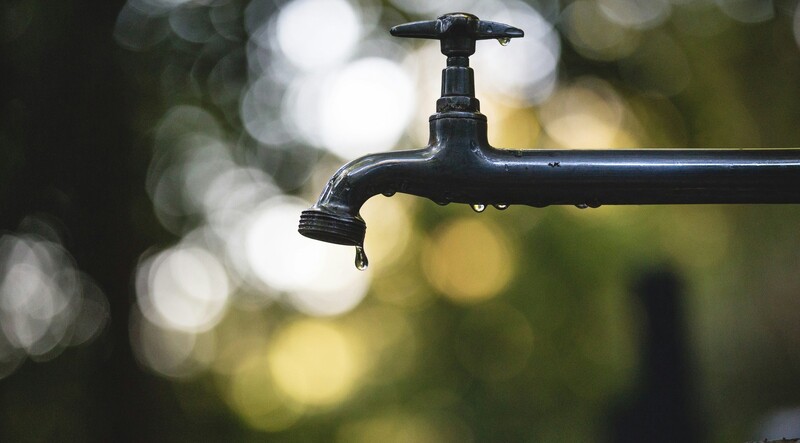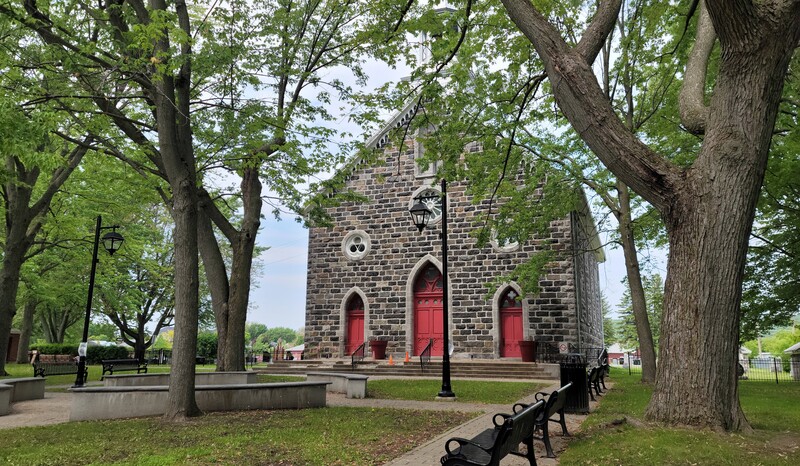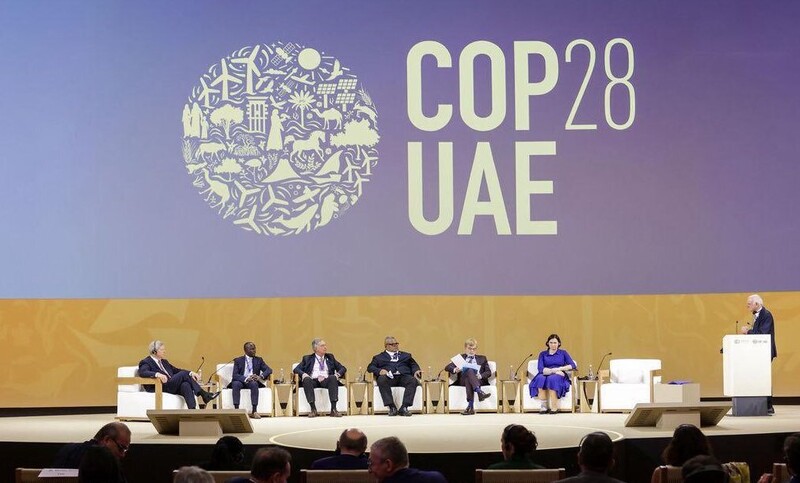A group of delegates will spend the week in the nation's capital comparing notes on why plastic is, in fact, not so fantastic.
Driving the news: Ottawa will play host to delegates from 174 countries this week for the fourth round of United Nations plastic treaty negotiations. The committee will look to make progress on a plastic-reduction agreement ahead of final talks in South Korea in November.
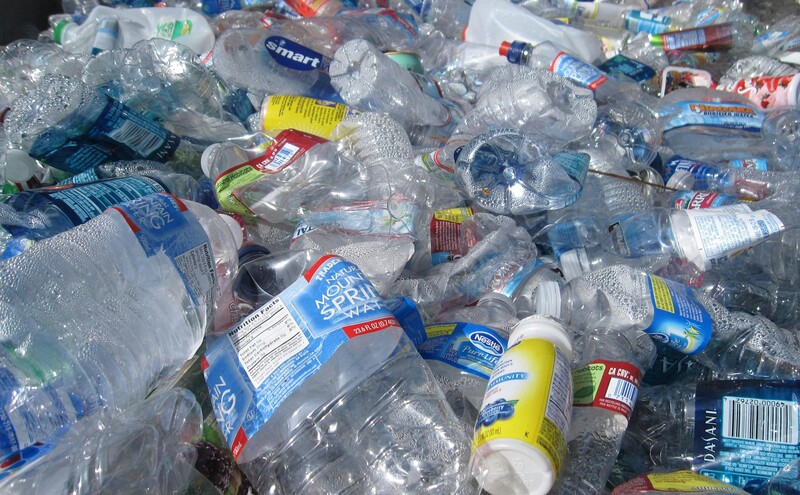
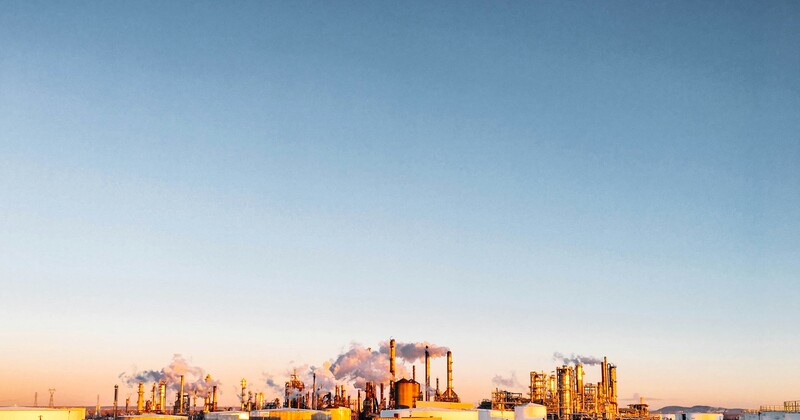
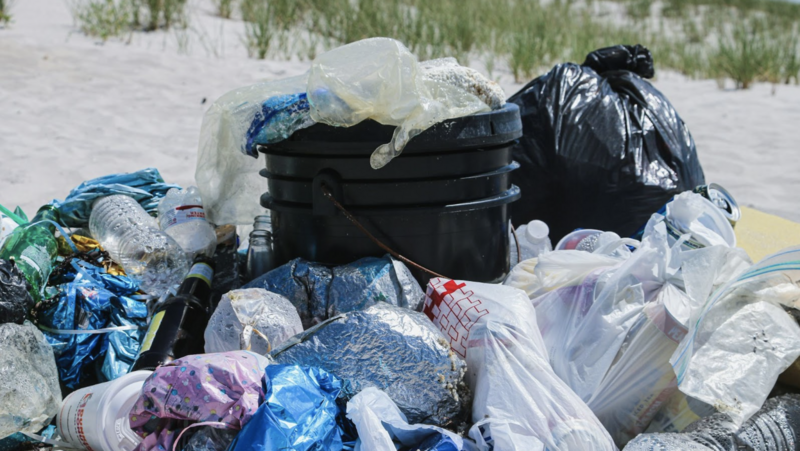
.jpg)

.png)
